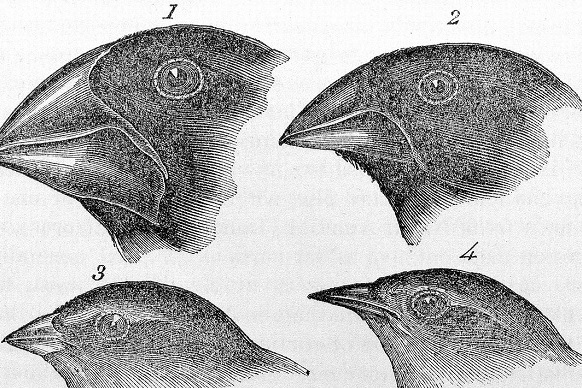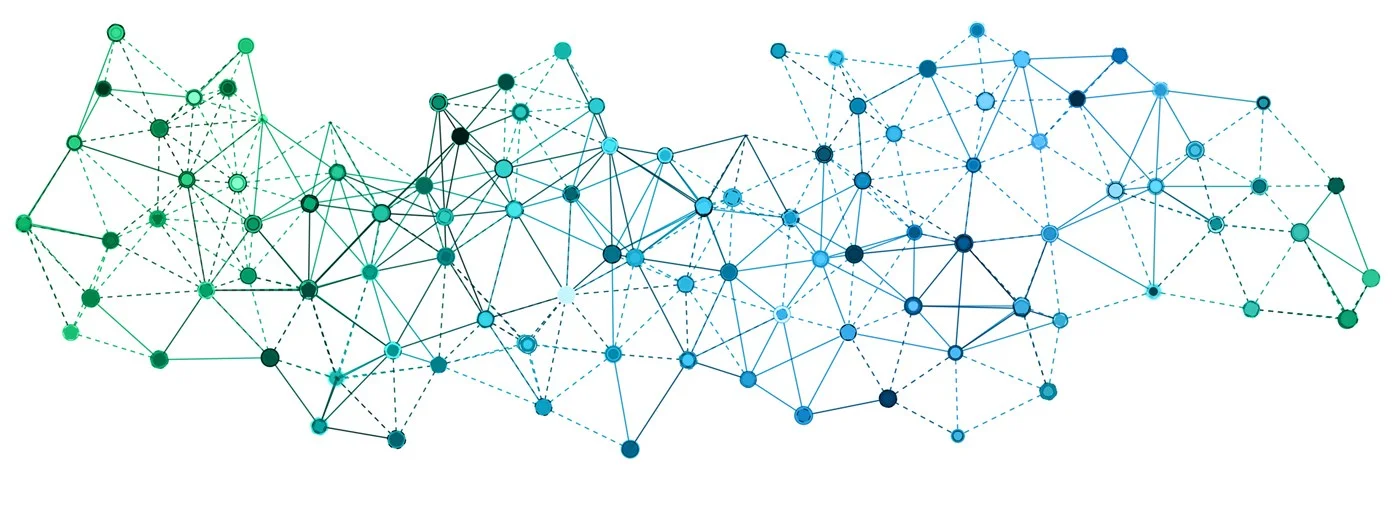Teaching, Outreach, and SciArt
SIO 122: Ecological Developmental Biology
In this course, students learn about the development of multicellular organisms and how they interact with their environments in the natural world. Organisms have evolved the ability to use the environment as a source of important cues that can influence the trajectory of their developmental program. The rapidly expanding field of Ecological Developmental Biology (“Eco-Devo”) focuses on how factors such as physical forces, temperature, nutrition, symbionts, microbes, predators, conspecifics, and hormones influence phenotype and behavior. Lectures will examine the major theories and the latest discoveries of how the environment influences development at both macro- and micro-evolutionary timescales. Particular emphasis will be given to the genetic basis of phenotypic plasticity and responses to the environment, drawn from studies in aquatic and terrestrial animals, and plants. Themes covered include: polyphenism, genetic accommodation, symbiosis, endocrine signalling, niche construction, genetic assimilation, canalization, and transgenerational epigenetic inheritance, among others. We will also discuss how an Eco-Devo framework can inform our understanding of human disease and climate change.
SIO 278: Seminar in Ocean Biosciences, Functional Genomics
Functional genomics addresses the complex relationship between genotype and phenotype on a genome-wide scale. This course focuses on the big-picture advances and challenges in the field by reading and discussing recent papers in depth. Papers chosen by the instructor and the students will highlight the rapidly evolving “toolkit” in this area including sequencing technologies, ATAC-seq and single cell RNA-seq analysis, and next-generation proteomics. We will explore how a functional genomics perspective informs our understanding of genome organization and evolution, differential gene expression, epigenetic regulation, protein interactions, and metabolomics, among others. This course is open upper-level undergraduates with permission of the instructor.
SIO 146: Cell and Development Lab
High Tech High Media Arts
Our lab has ongoing collaborations with High Tech High’s Media Arts Campus in Point Loma, CA. HTH is an integrated network of fourteen charter schools serving approximately 5,350 students in grades K-12 across four campuses. High Tech High is guided by four connected design principles—equity, personalization, authentic work, and collaborative design. We have had the great pleasure of hosting Juniors from High Tech High in our lab for internships. UCSD undergraduates in SIO 122: Ecological Developmental Biology have the opportunity to present their research to High Tech High students. Our lab also has fun bringing marine inverts into the classroom and showing off how beautiful their adults and embryos are.
Integrating art and science, in the lab and in the classroom
The picture below is a recent art collaboration between our lab’s Park Masterson and Vanessa Barone. Vanessa’s drawings show the nudibranch, Berghia eating its prey, the sea anemone Aiptasia, and sequestering their nematocysts in its many dorsal appendages, called cerata.




